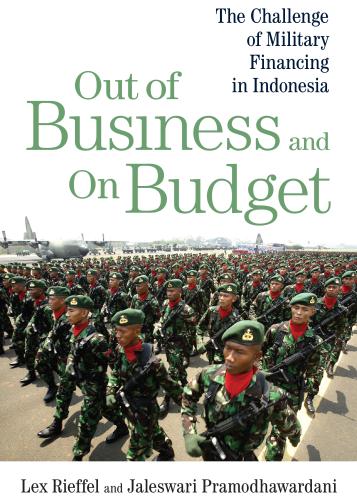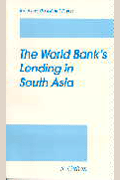In the world’s leading countries, such as the members of the Group of Twenty (G-20), the two most coveted positions in the cabinet are generally the foreign minister and the finance minister. And the record is quite clear: an outstanding finance minister or foreign minister can be an enormous asset, especially in times of financial or political stress. He or she can even outshine a head-of-state.
Since 2005, Indonesia has benefited from having an outstanding finance minister, Sri Mulyani Indrawati. For the past five years she has waged a lonely battle to overcome the deeply-rooted patronage culture within the Indonesian bureaucracy, which is one of the main obstacles to economic progress in this important country (the fourth largest in the world, with a population of 240 million). On May 5, President Susilo Bambang Yudhyono (known as SBY) announced that Sri Mulyani was resigning from the cabinet to take up a new job in early June as one of the World Bank’s three managing directors (reporting directly to World Bank President Robert Zoellick).
Sri Mulyani’s battle has been lonely for three reasons. First, very few other cabinet members have pursued bureaucratic reform with the intensity and skill she has exhibited repeatedly. Second, she is a technocrat with no natural political party support, especially in the parliament (DPR), which is another enormous obstacle to reform in this 12 year old democracy. Third, her two main sources of support for the past five years—President SBY and Vice President Boediono—have been put on the defensive by a powerful coalition of ambitious politicians and business executives.
The story in brief is a tragedy. From 2002 to 2004, Sri Mulyani served as an executive director in the International Monetary Fund, representing most of the Southeast Asian nations. Her experience at the IMF enabled her to be an effective finance minister and become highly regarded both among her counterparts in the public sector and by the global financial industry.
Ironically, because of mistakes made by the IMF in supporting Indonesia during the financial crisis it experienced in 1997, Sri Mulyani’s time at the IMF is widely viewed by Indonesians as a liability instead of an asset. The architects of Indonesia’s remarkable transition from 30 years of authoritarian rule by Soeharto to the vibrant democracy that exists today have tried to build popular support for her. But they have been outgunned and outmaneuvered by vested interests that have portrayed her as being unsympathetic to Indonesian values.
Financial markets, as would be expected, reacted negatively to the immediate news of Sri Mulyani’s departure, but were able to regain initial losses within a week. President SBY has not yet announced her replacement, and it will be hard to find one with comparable skills and grit. More disturbing is the possibility that the anti-reform coalition—that has hounded Sri Mulyani for more than two years—would block such an appointment. Without a finance minister committed to tackling corruption and other symptoms of weak governance, President SBY and Vice President Boediono could be powerless to stop the country from drifting toward the kind of massive self-dealing that brought down the Soeharto regime in 1998, despite their good intentions and remaining personally untainted by corruption.
Another spin on Sri Mulyani’s move, however, has been almost completely ignored. The job of finance minister in Indonesia is physically and emotionally overwhelming. How could she not be burned out after five years of internal battles and external crises? How could she justify the toll of another year or more on her family?
Indonesia’s loss is the World Bank’s gain. Or maybe it’s the world’s gain because the new position in the World Bank could be a stepping-stone to a more responsible position in the international financial community. And one day, after she has had a chance to re-charge her batteries, her fellow countrymen and women might decide that they need her talent and energy to break the shackles of patronage and help Indonesia achieve the goal of being a just and prosperous society.









Commentary
Sri Mulyani: Indonesia’s Loss, the World’s Gain
May 13, 2010